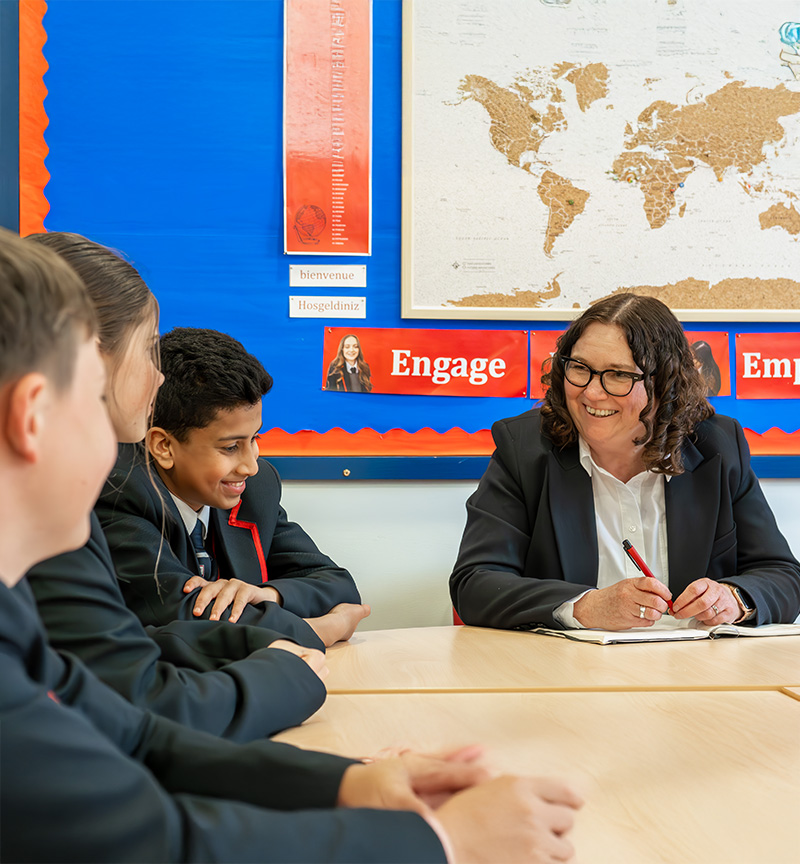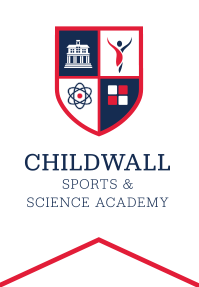Computing & IT
Vision
Our curriculum is designed to allow students to understand the fundamentals of Computer Science and IT, whilst ensuring all students become digitally literate. Students will be inspired and challenged to become confident problem solvers and will be able to apply these skills to a variety of problems in lessons, and in their lives. We provide a fully inclusive, engaging, and ambitious curriculum which inspires students to succeed in a society where technology plays such an important role.
Curriculum Intent

Implementation
The Key Stage 3 curriculum consists of learning blocks based on key Computer Science and IT themes including: impacts of technology, computer systems, data representation, programming, and web development. These themes cover areas of both Computer Science and IT to ensure students are gaining a broad skill set.
At Key Stage 4, learning builds on prior knowledge acquired during Key Stage 3. Students have the option to choose to study GCSE Computer Science, BTEC Tech Award in Digital Information Technology, or both.
GCSE Computer Science encourages students to understand and apply the fundamental principles and concepts of Computer Science, including abstraction, decomposition, logic, algorithms, and data representation. Students analyse problems in computational terms through practical experience of solving such problems, including designing, writing, and debugging programs. Students also develop an understanding of the components that make up digital systems, and how they communicate with one another.
BTEC Tech Award in Digital Information Technology provides students with the opportunity to develop skills in a practical learning environment. Students gain skills in project planning, designing, and creating user interfaces and creating dashboards to present and interpret data. Students will also explore effective ways of working in digital information technology, cyber security, virtual teams, and legal and ethical codes of conduct. This Award complements the learning in GCSE programmes such as GCSE in Computer Science by broadening experience and skills participation in different type of performance activities with the opportunity to practically apply your knowledge and skills, through project work such as developing ideas and performing for specific audiences.
At Key Stage 5, students can study Level 3 Cambridge Technicals in IT. Students will apply their practical skills to manage a project and develop an application, as well as explore the fundamentals of IT and global information. This qualification helps students to achieve their potential and progress to the next stage of their lives, whether that is higher education, an apprenticeship or employment.
Curriculum Overview
Learning Journey
Be Ambitious
Ambitious activities are those that take your regular curriculum further. They take the subjects you study in the classroom beyond that which your teacher has taught you or what you’ve done for home learning. For example, you may go into more depth on something you picked up in the classroom or learn about a new topic altogether. These activities are normally in the form of extra reading, but they can take many other forms, like watching videos online, downloading podcasts, attending lectures, visiting museums or entering academic competitions.
In the future, employers or universities will be interested to hear about what ambitious activities you have engaged in; they will be interested in what you have learnt and impressed by your efforts. Click here for further details



